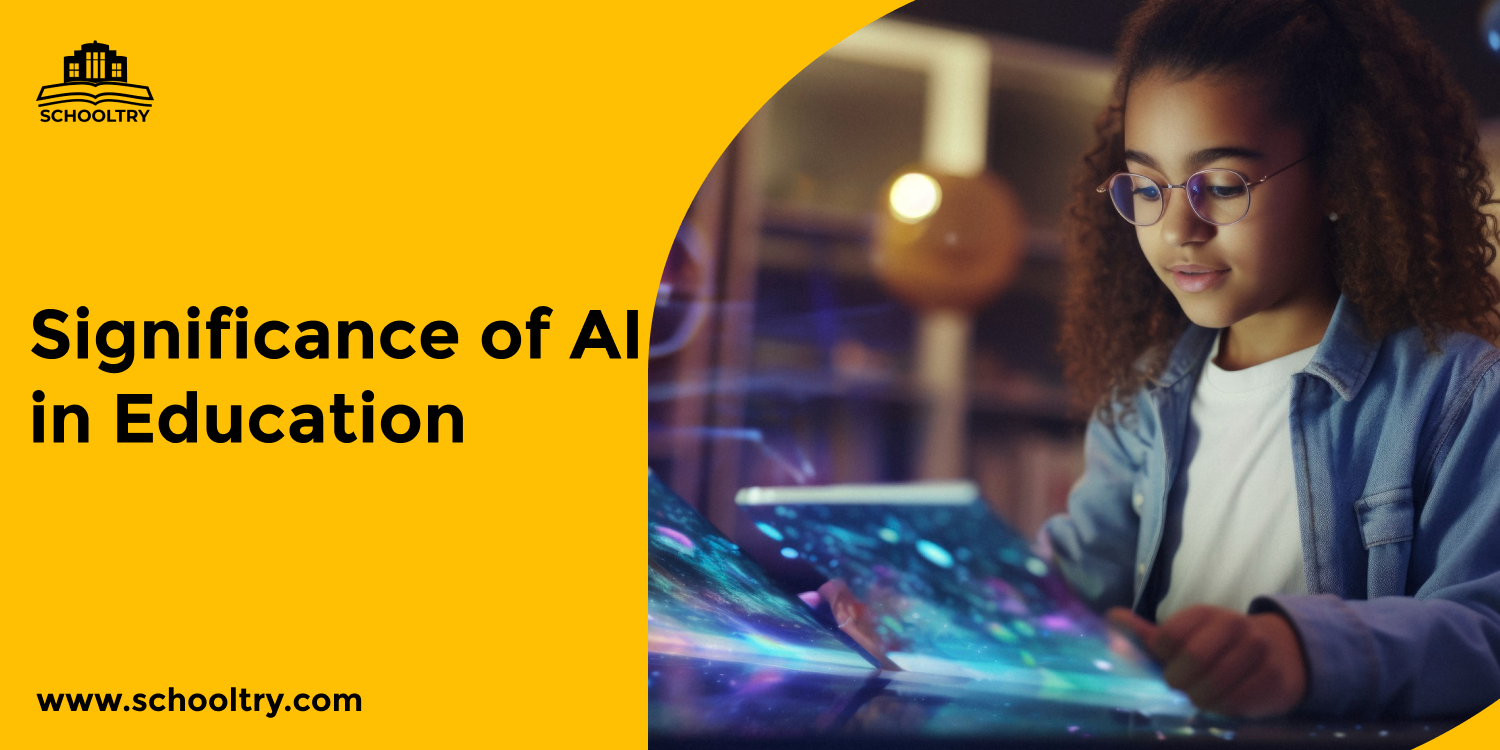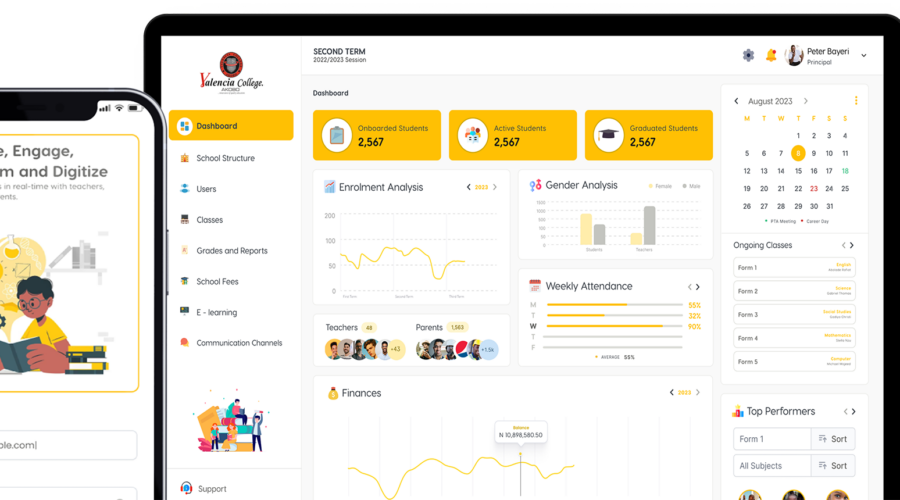Artificial Intelligence (AI) has been permeating various aspects of our lives, and education is no exception. Therefore, discussing a topic like the Significance of AI in education is essential.
Before we dive in,
What is AI?
Artificial intelligence (AI) refers to computer systems capable of performing complex tasks that historically only a human could do, such as reasoning, making decisions, or solving problems.
In recent years, AI has emerged as a powerful tool in transforming traditional educational practices, offering personalized learning experiences, and revolutionizing the way students engage with content. From intelligent tutoring systems to adaptive learning platforms, the applications of AI in education are diverse and promising.
Significance of AI in education
1. Personalized Learning:
Regular teaching methods don’t always work for everyone because everyone learns differently.
However, AI can look at lots of information about each student to see what they’re good at, what they need help with, and how fast they learn. Then, teachers can use this info to teach each student in a way that works best for them.
2. Automating Administrative Tasks:
AI can make school tasks easier outside of class, like grading and keeping records. It helps teachers spend less time on boring stuff and more time helping students.
For instance, AI can read essays and give feedback, so teachers don’t have to spend hours grading papers. This lets teachers focus on teaching and talking with students.
3. Data-Driven Insights:
AI helps teachers use data to understand how students learn and make better teaching choices. It looks at how students are doing in class and can find where they need help.
Also, AI can predict how well students might do in the future and warn teachers about problems before they happen. With this information, teachers can improve how they teach and help students do better in school.
4. Ethical Considerations:
AI algorithms might unintentionally create bias or inequality if not designed carefully. Therefore, fairness and inclusivity must be top priorities when developing AI-powered educational tools.
Additionally, protecting student privacy and data security is essential, requiring strong safeguards and policies to ensure sensitive information remains safe.
Conclusion
The rise of AI in education represents a transformative shift in how we teach and learn. However, it is essential to approach the integration of AI in education thoughtfully, addressing ethical considerations and ensuring equity and privacy for all students.
Are you a school owner or administrator in need of a web solution like SchoolTry to automate, digitize or transform your school works. Click on this link to register for free and see how it works.




